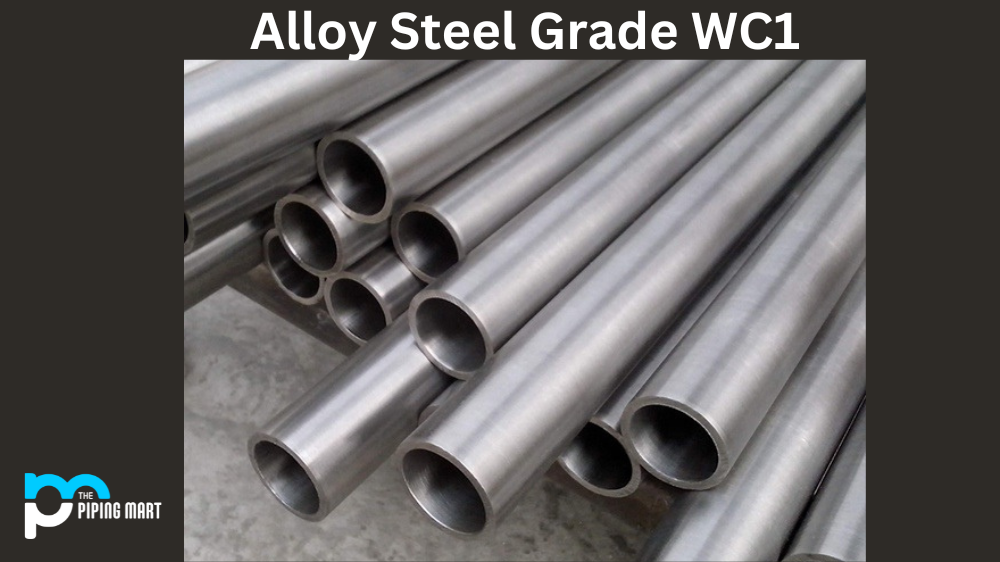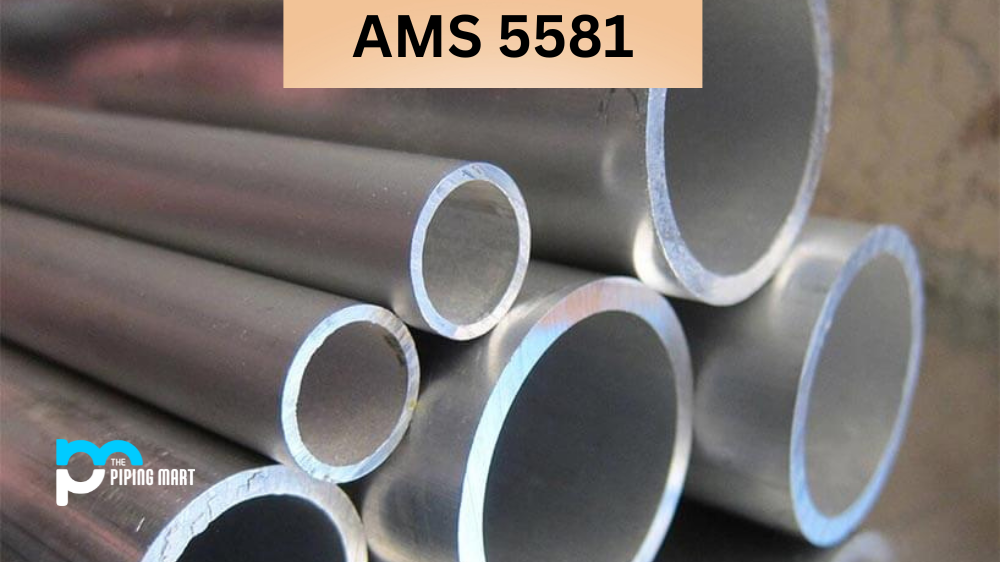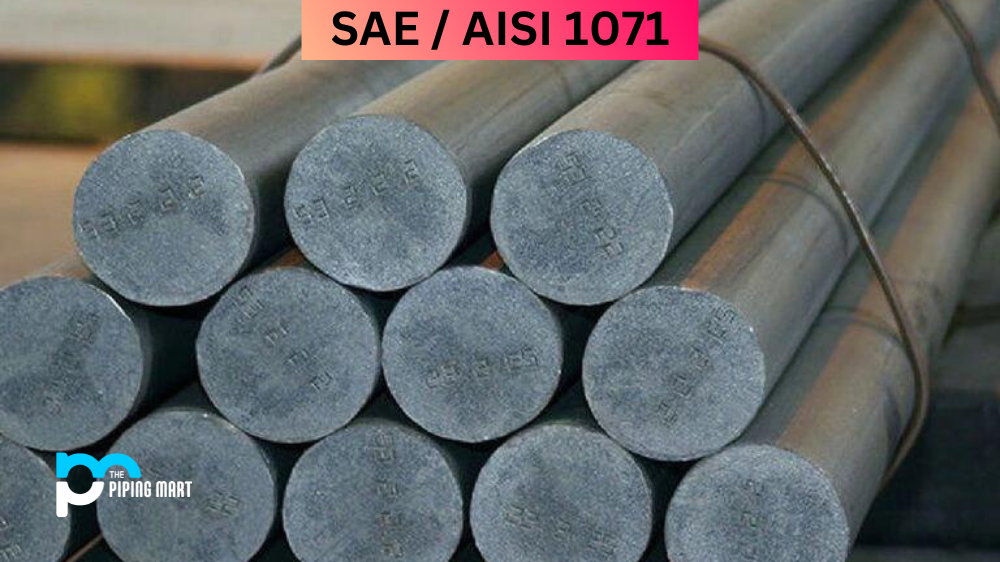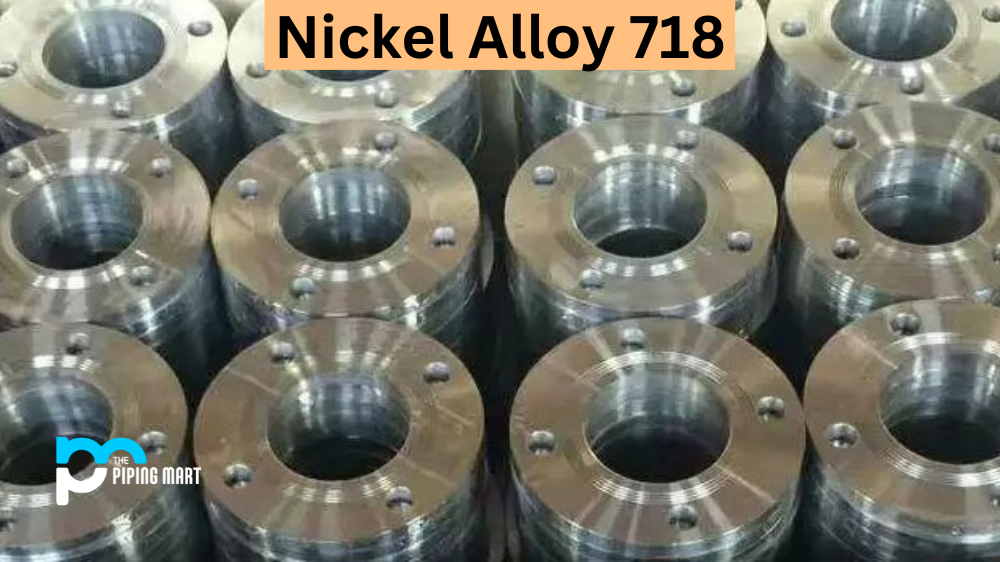Alloy steel grade WC1 is an impressive metal with a unique set of properties, making it one of the most sought-after materials for industrial engineering and manufacturing processes. This guide will provide an overview of its composition, chemical properties, mechanical properties, physical properties, corrosion resistance, heat resistance, heat treatment requirements, machinability and welding capabilities.
Composition
Alloy steel grade WC1 is composed of 0.15-0.25% carbon (C), 0.30-0.60% manganese (Mn), 1.00-1.50% chromium (Cr), 0.75-1.00% silicon (Si), 0.04-0.06% phosphorus (P) and 0.03% sulfur (S). It also contains trace amounts of nickel (Ni) and molybdenum (Mo).
| C(%) | Si(%) | Mn(%) | P(%) | S(%) | Cr(%) | Ni(%) | Mo(%) | W(%) | Cu(%) |
|---|---|---|---|---|---|---|---|---|---|
| Max 0.25 | Max 0.60 | 0.50-0.80 | Max 0.040 | Max 0.045 | 0.35 | 0.50 | 0.45-0.65 | 0.10 | 0.50 |
Chemical Properties
Grade WC1 has excellent toughness and strength at high temperatures due to its combination of chromium and molybdenum content in a solid solution matrix of ferrite and pearlite phases which are stabilized by vanadium carbides at elevated temperatures up to 900°C (1650°F). The presence of nickel increases the hardness but reduces the ductility of WC1 alloy steel grade as compared to other steels containing similar amounts of chromium and molybdenum with no nickel or lower levels thereof. This makes it well suited for applications such as heavy duty tools used in downhole drilling operations where wear resistance is paramount due to extreme pressure variations encountered over short time intervals during normal operation cycles as well as during emergency shutdowns or major repairs requiring unexpected downtime periods while components are replaced or repaired without disrupting normal production schedules across multiple wells in multiple locations over extended periods when necessary operations must be conducted around the clock until all repairs are completed on schedule.
Mechanical Properties
Alloy WC1 has excellent mechanical properties, including yield strength values between 586-788 MPa depending on temperature, tensile strength values between 621-965 MPa depending on temperature, elongation values between 10%-25%, proof stress values between 586-788 MPa depending on temperature and impact energy values between 10J/-20°C – 40J/ +20°C depending on thickness & diameter condition size range.
| Proof strength Rp0.2(MPa) |
Tensile strength Rm(MPa) |
Impact energy KV(J) |
Elongation at fracture A(%) |
Reduction in cross section on fracture Z(%) |
As-Heat-Treated Condition | Brinell hardness(HBW) |
|---|---|---|---|---|---|---|
| 846(≥) | 629(≥) | 23 | 44 | 31 | Solution and Aging,Annealing,Ausaging,Q+T,etc | 113 |
Physical Properties
The physical properties include a density value between 7800 – 8200 kg/m3 depending on temperature & pressure conditions as well as a thermal expansion coefficient value between 12–13 µm/m °C depending on temperature & pressure conditions.
| Property | Density kg/dm3 |
Temperature T °C/F |
Specific heat J/kgK |
Thermal conductivity W/mK |
Electric resistance µΩ·cm |
Modulus of elasticity kN/mm2 |
Expansion rate |
|---|---|---|---|---|---|---|---|
| 381(≥) | 973(≥) | 43 | 44 | 12 | Solution and Aging,Annealing,Ausaging,Q+T,etc | 121 | |
| Temp. °C/°F |
Creep strain limit (10000h) (Rp1,0)N/mm2 |
Creep rupture strength (10000h) (Rp1,0)N/mm2 |
|||||
| 753 | 829 | 697 |
Equivalent
| Category | Type | Steel grade | Standard | Country |
|---|---|---|---|---|
| Grades | Special Alloy | ASTM WC1 | AISI | USA |
Uses
Alloy steel grade WC1 is an ideal candidate for use in a variety of manufacturing applications and industries. Its ability to withstand high temperatures and pressures makes it highly sought after for use in furnaces, turbines, pipelines, engines, valves, pumps and other components that require extreme strength for extended periods of time. Additionally, since it is resistant to slipping, abrasion and wear it has been widely used in industrial machinery. Forging and casting processes with this alloy steel grade also create lightweight parts with superior strength which would otherwise require additional bulkier material. As a result alloy steel grade WC1 is relied upon for the heat resistance and strength it offers making it an excellent choice by engineers worldwide.
Corrosion Resistance
WC1 alloy steel grade has excellent corrosion resistance due to its high chromium content which provides enhanced protection from oxidation at elevated temperatures when used in downhole drilling operations where oil & gas production take place under varying pressure & temperature conditions for extended periods day after day over multiple years without signs of deterioration even under extreme circumstances like emergency shutdowns & major repairs requiring unexpected downtime while components are replaced or repaired without disrupting normal production schedules across multiple wells in multiple locations over extended periods when necessary operations must be conducted around the clock until all repairs are completed on schedule..
Heat Resistance
WC1 alloy steel grade has excellent heat resistance up to 900°C (1650°F) due to its combination of chromium & molybdenum content in a solid solution matrix stabilized by vanadium carbides.
Heat Treatment
In order to achieve these benefits however heat treatment steps must be followed according to recommended procedures including preheating at 750–850°C followed by austenitizing at 1200–1280°C then quenching either directly from austenitizing or allowing appropriate cooling times before quenching then tempering at temperatures ranging from 250–300°C followed by air cooling.
Machining
WC1 alloy steel grade can be machined relatively easily using conventional machining tools. However, some modifications may need to be made regarding cutting speeds & feed rates due to its higher hardness than other steels containing similar amounts of chromium & molybdenum but with no nickel or lower levels thereof thus requiring slower cutting speeds than those typically used for other types of steels.
Welding
WC1 alloy steel grade can be welded using standard arc welding techniques including MIG welding TIG welding etc., but it should be noted that preheat steps prior to welding should always be taken into account in order ensure optimal results since this type of material tends to have higher hardening characteristics than other types of steels.
Conclusion
Alloy Steel Grade WC1 is an impressive metal with unique sets of properties that make it ideal for industrial engineering and manufacturing processes. It’s composition includes elements such as carbon, manganese, chromium, silicon, phosphorus and sulfur among others that combine together resulting in great toughness and strength characteristics at high temperatures making it perfect for use in downhole drilling operations where wear resistance is key due its ability handle tough pressure variations over short time intervals both during regular operation cycles or emergency shutdowns or major repairs where quick turnaround times are essential thanks its fast machinability capabilities combined with great corrosion resistance provided by its high chromium content plus ease weldability when following proper procedures making this type of material highly desirable for many different types applications across various industries worldwide today!

Meet Bhavesh, a seasoned blogger with a wealth of knowledge and experience. From metal products manufacturing to retail, Bhavesh has a diverse background in various industries and is dedicated to sharing his insights and expertise with readers.




